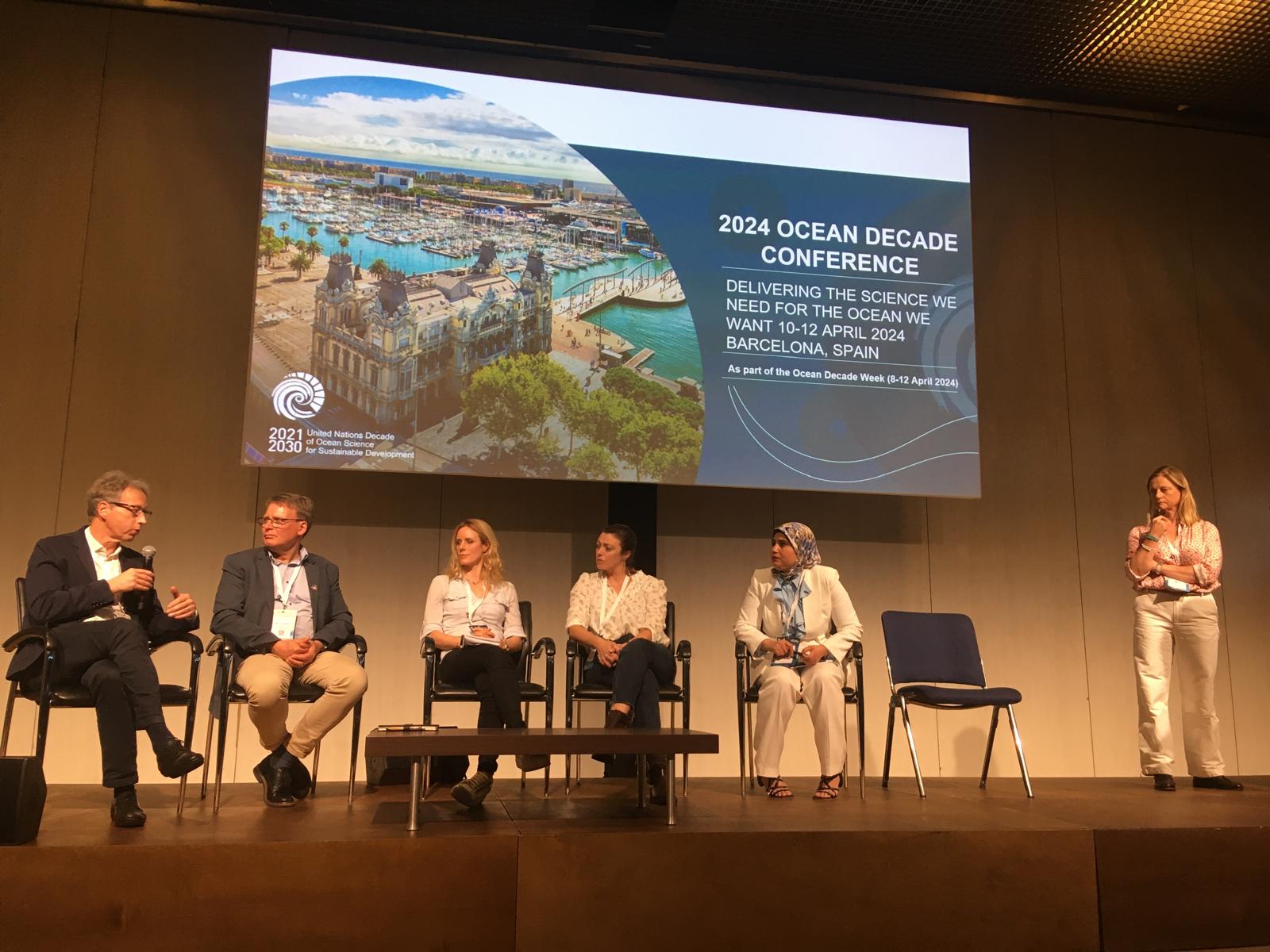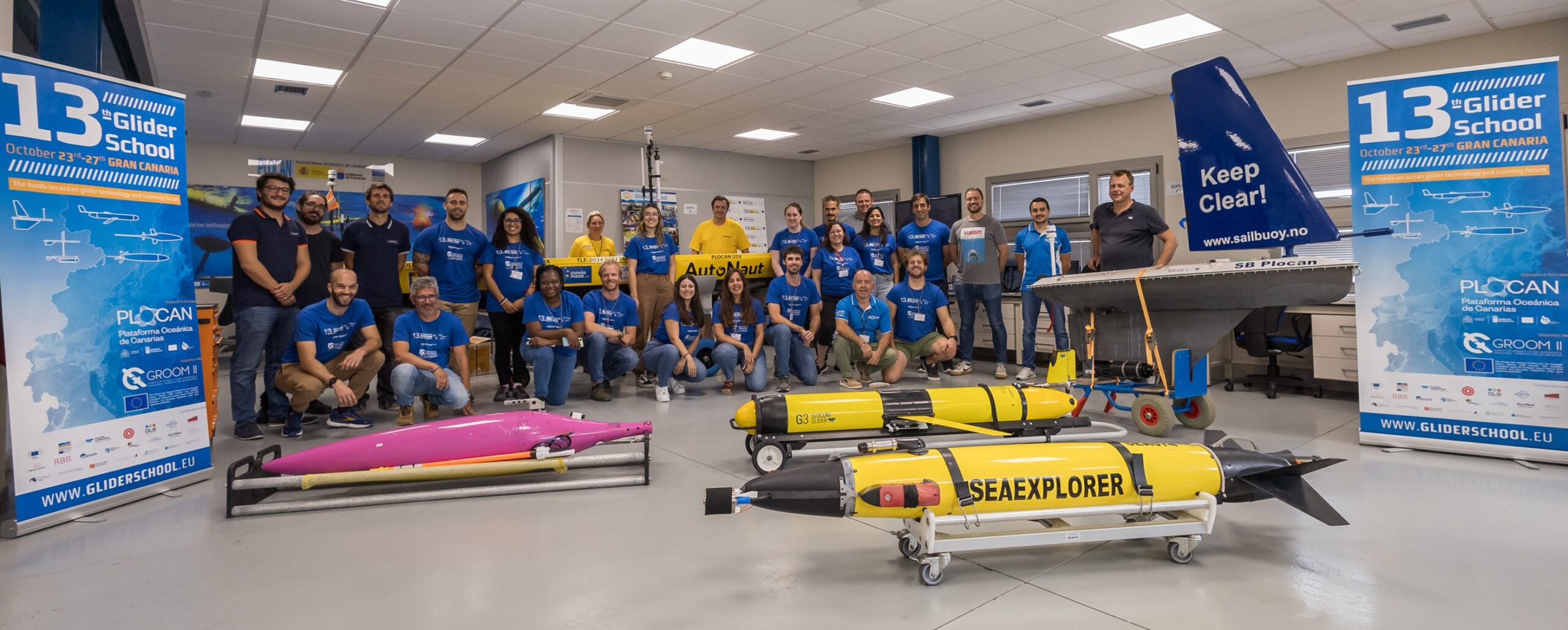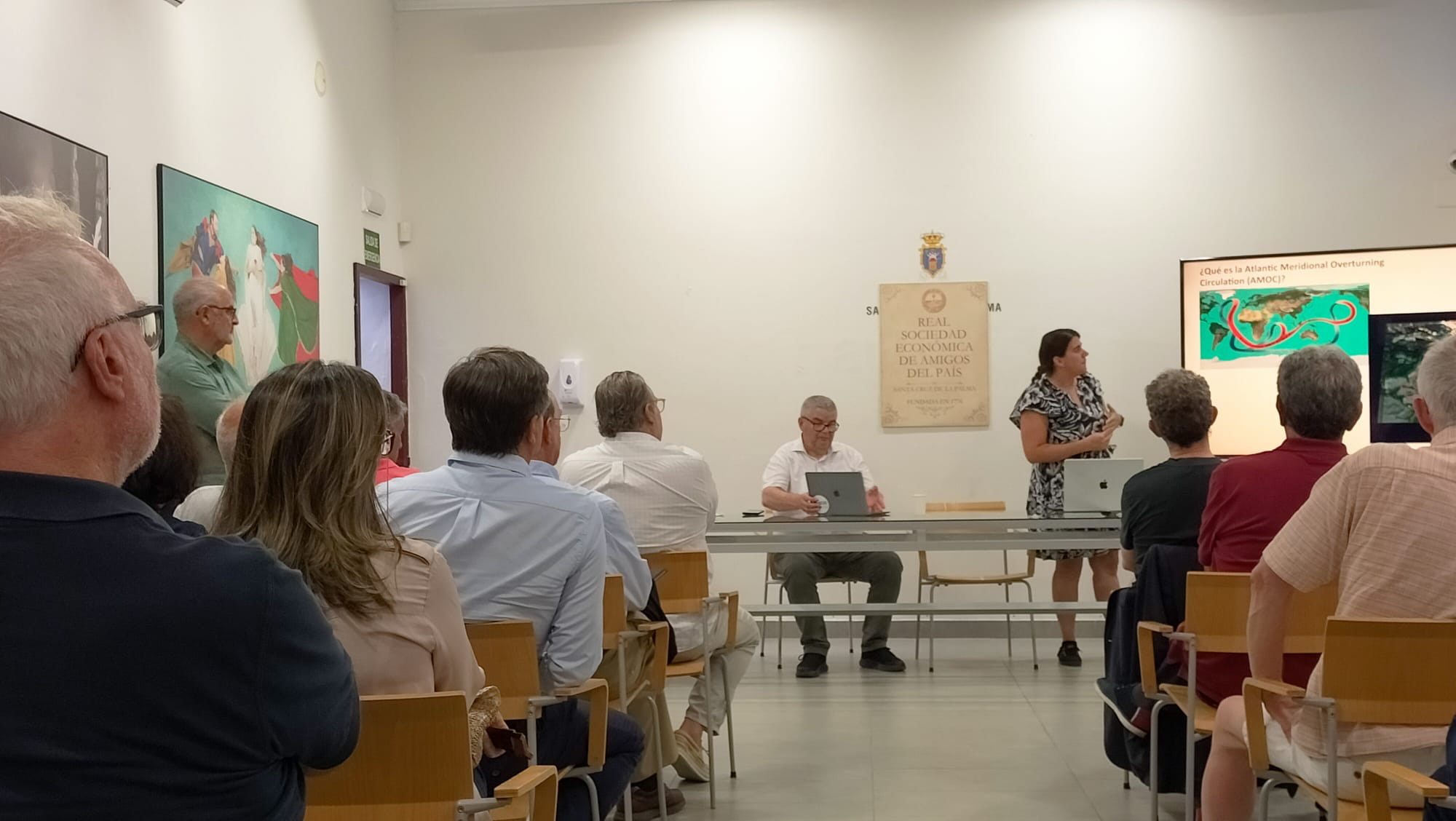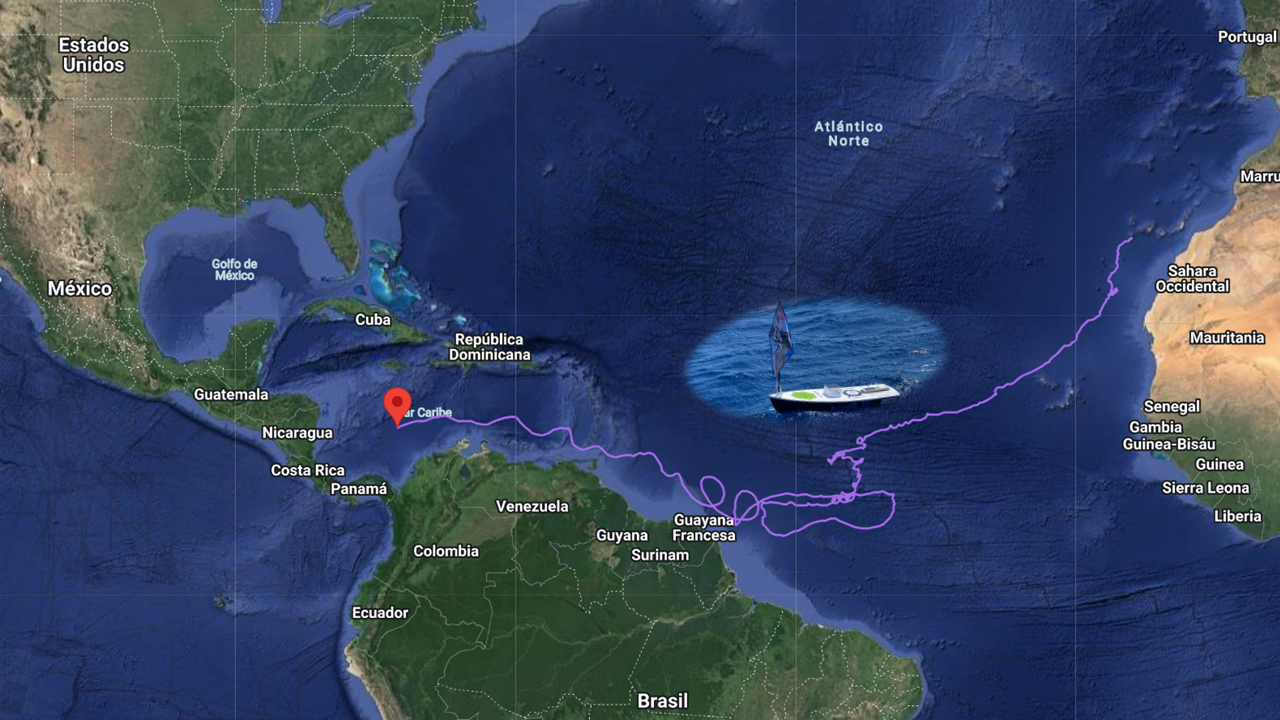The Oceanic Platform of the Canary Islands (PLOCAN) and the University of Las Palmas de Gran Canaria (ULPGC) presented a joint study on the use of wave energy in desalination plants at the closing ceremony of the DESAL+ transnational project.
The event, moderated by Javier Roo Filgueira, head of R&D projects at the Canary Islands Agency for Research, Innovation and the Information Society (ACIISI), took stock of five years of research aimed at improving the efficiency and sustainability of water desalination processes in Macaronesia.
ULPGC researcher and PhD Beatriz Del Río Gamero and PLOCAN technologist Susana Rodríguez Domínguez presented the study “Use of wave energy in desalination plants. Case study: EDAM Arucas-Moya. North of Gran Canaria”, in which they propose to lay the foundations for a future installation of prototypes that harness wave energy to supply the electricity required to power a model seawater desalination plant.
This study and its findings were published in 2020 in the journal Applied Energy under the title “Energy supply of a large size desalination plant using wave energy. Practical case: North of Gran Canaria”. PLOCAN’s contribution to the study is included in the deliverable entitled “Technical and environmental analysis for harnessing wave energy on the north coast of Gran Canaria”, available on the project’s website.
The DESAL+ project, with nearly 2.2 million euros of funding through the INTERREG MAC 2014-2020 call, is coordinated by the Canary Islands Technological Institute (ITC) and its partners are the ACIISI, the Oceanic Platform of the Canary Islands (PLOCAN), the universities of Las Palmas de Gran Canaria and La Laguna, the Canary Islands Water Centre Foundation, the Island Water Council of Gran Canaria, the Island Water Council of El Hierro and the Mancomunidad del Sureste de Gran Canaria, as well as organisations from Cape Verde, the Azores, Madeira and Mauritania. The companies Canaragua, Emalsa, Soslaires Canarias and Aguas de Ponta Preta, among others, also collaborate as associates.
The Canary Islands are a pioneer in desalination plants and, as a whole, the geographical region of Macaronesia has more than 350 desalination plants, the highest density of units in operation in the world. Desalinated water is a key resource for the social and economic stability of the archipelago, supplying almost two million inhabitants a year, as well as a great many hectares of agricultural land and a large part of the existing industrial and business infrastructure.
During the opening of the conference, ITC general manager Gabriel Megías pointed to the creation of the DESAL+ Living Lab – Desalination R&D Laboratory platform as one of the highlights of this project financed through the INTERREG MAC 2014-2020 Programme. This is a new infrastructure open to research that brings together key public-private actors to expand knowledge, capabilities and R&D resources applicable to innovative, decentralised desalination models with a lower carbon footprint.
For his part, Javier Roo Filgueira appraised the coordinated strategy of DESAL+ to promote the transfer of knowledge to the productive sector, the qualification of scientific and technical personnel and the development of pilot experiences. ACIISI, as a co-founding partner of the DESAL+ Living Lab platform, has led the preparation of the “Strategic Plan for R&D in Desalination”, a roadmap to strengthen the innovative potential in the water desalination sector which identifies the areas of specialisation for R&D cooperation. The desalination industry, an essential factor in the socioeconomic development of the archipelago, plays an important role in the Canary Islands Blue and Circular Economy Strategies.
During the conference, the project partners shared the work and outcomes achieved in the DESAL+ project. In his presentation, the head of the water department of the ITC and lead coordinator of the project, Baltasar Peñate, highlighted the success achieved by the project, which has greatly exceeded expectations.
DESAL+ Outcomes
Over the past few years, the Desal+ consortium has worked to respond to the challenges of the desalinated water industry through the consolidation of a specialised R&D ecosystem, with the aim of achieving optimal operating conditions in terms of energy efficiency, production capacity and resource savings.
As a result of the transnational collaboration networks and the knowledge generated within the framework of the DESAL+ Living Lab, the Canary Islands public-private sector has been involved in initiatives such as innovative public procurement in emerging desalination technology or investment plans in scientific and technological infrastructures, in addition to proposals for projects that fit financially within forthcoming instruments and recovery funds.
Thanks to this project, some twenty scientific articles have been published in high impact journals, and more than 25 studies have been conducted with companies and research personnel from the Canary Islands within the framework of the DESAL+ project, exploring in depth the technical and environmental challenges of the desalination sector. Also, through demonstration projects and ICT tools, innovative processes for autonomous desalination and hybrid systems with renewables are being explored in the search for solutions that harness clean energy sources and energy management technology.
Video presentation of the DESAL+ Living Lab platform https://youtu.be/i7eD3qFqvIA



